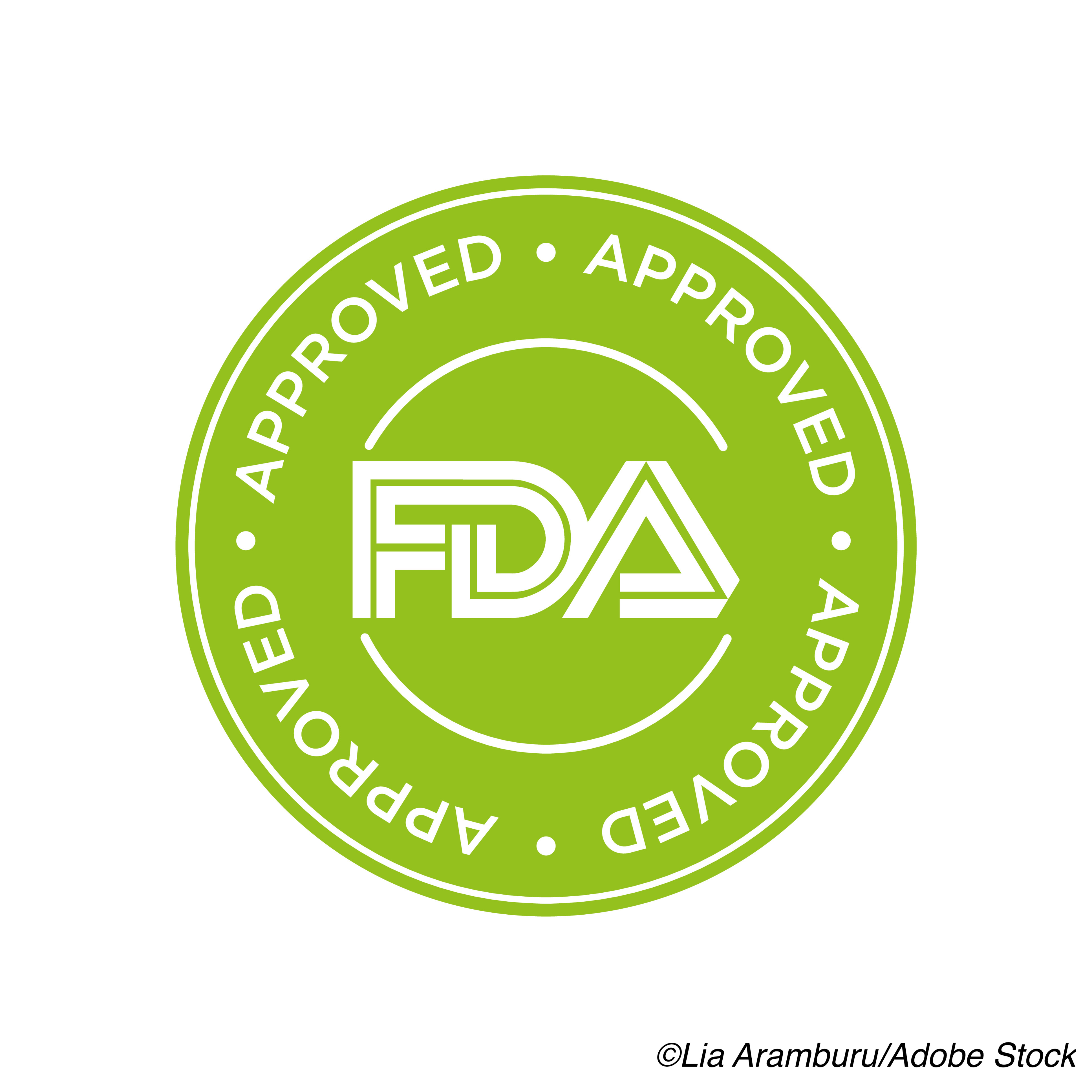The FDA approved the chimeric antigen receptor (CAR) T-cell therapy lisocabtagene maraleucel (Breyanzi) to treat adult patients with certain types of relapsed or refractory large B-cell lymphoma.
The therapy’s indication includes approval to treat diffuse large B-cell lymphoma (DLBCL), the most common type of non-Hodgkin lymphoma in adults, accounting for approximately one in three newly diagnosed cases. This therapy, which the FDA granted Orphan Drug, Regenerative Medicine Advanced Therapy, and Breakthrough Therapy designations, is the third gene therapy to gain FDA approval for non-Hodgkin lymphomas—the agency noted, however, that lisocabtagene maraleucel is not indicated for primary central nervous system lymphoma.
“Today’s approval represents another milestone in the rapidly progressing field of gene therapy by providing an additional treatment option for adults with certain types of cancer affecting the blood, bone marrow, and lymph nodes,” said Peter Marks, MD, PhD, director of the FDA’s Center for Biologics Evaluation and Research, in a statement. “Gene and cell therapies have evolved from promising concepts to practical cancer treatment regimens.”
This approval was based on evidence from a multicenter clinical trial of more than 250 adult patients with relapsed or refractory large B-cell lymphoma, the FDA explained. The rate of complete remission following treatment with the CAR T-cell therapy was 54%.
“Treatment with [lisocabtagene maraleucel] has the potential to cause severe side effects,” the agency warned. “The labeling carries a boxed warning for cytokine release syndrome (CRS), which is a systemic response to the activation and proliferation of CAR T cells, causing high fever and flu-like symptoms and neurologic toxicities. Both CRS and neurological events can be life-threatening. Other side effects include hypersensitivity reactions, serious infections, low blood cell counts, and a weakened immune system. Side effects generally appear within the first one to two weeks following treatment, but some side effects may occur later.”
Due to the risk of CRS and neurologic toxicities, the FDA approved this therapy with a risk evaluation and mitigation strategy (REMS) that includes elements to assure safe use.
“The FDA is requiring, among other things, that healthcare facilities that dispense [lisocabtagene maraleucel] be specially certified,” the agency wrote. “As part of that certification, staff involved in the prescribing, dispensing or administering of [lisocabtagene maraleucel] are required to be trained to recognize and manage the risks of CRS and neurologic toxicities. The REMS program specifies that patients be informed of the signs and symptoms of CRS and neurological toxicities following infusion – and of the importance of promptly returning to the treatment site if they develop fever or other adverse reactions after receiving treatment with [lisocabtagene maraleucel].”
The FDA will also require the manufacturer to conduct a post-marketing observational study.
This approval was granted to Juno Therapeutics Inc., a Bristol-Myers Squibb Company.
John McKenna, Associate Editor, BreakingMED™
Cat ID: 467
Topic ID: 78,467,730,467,192,925



